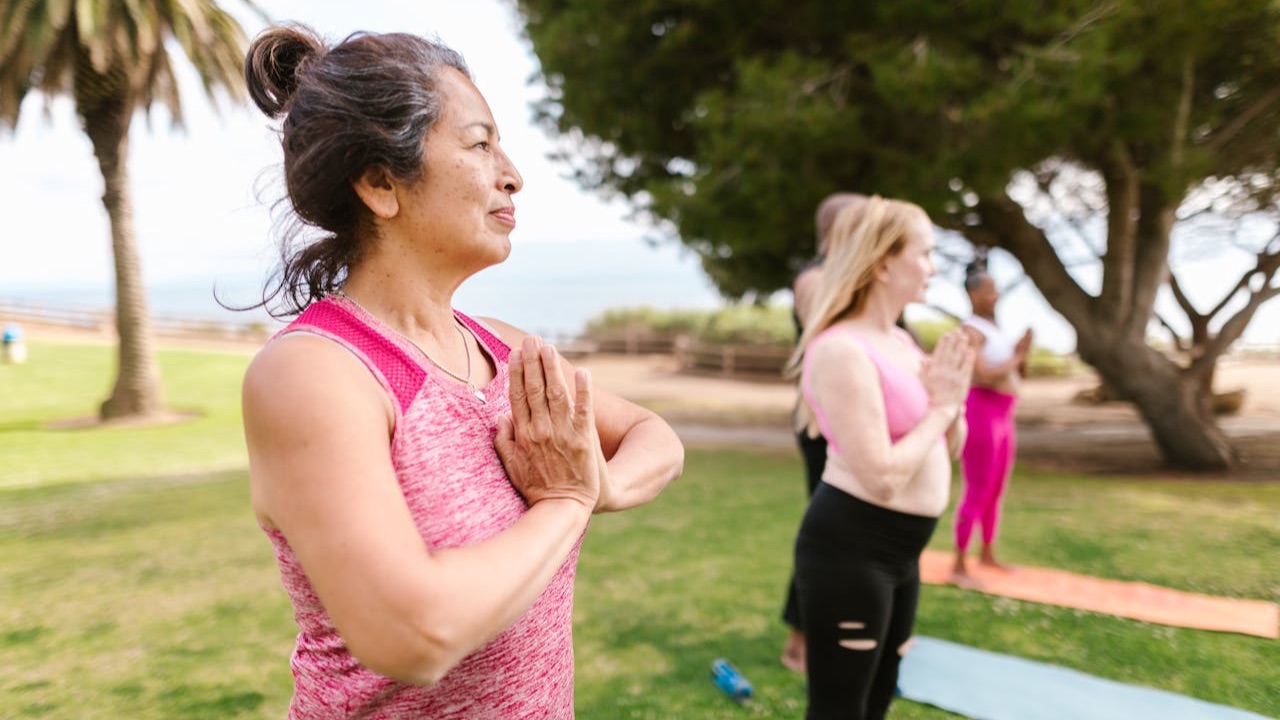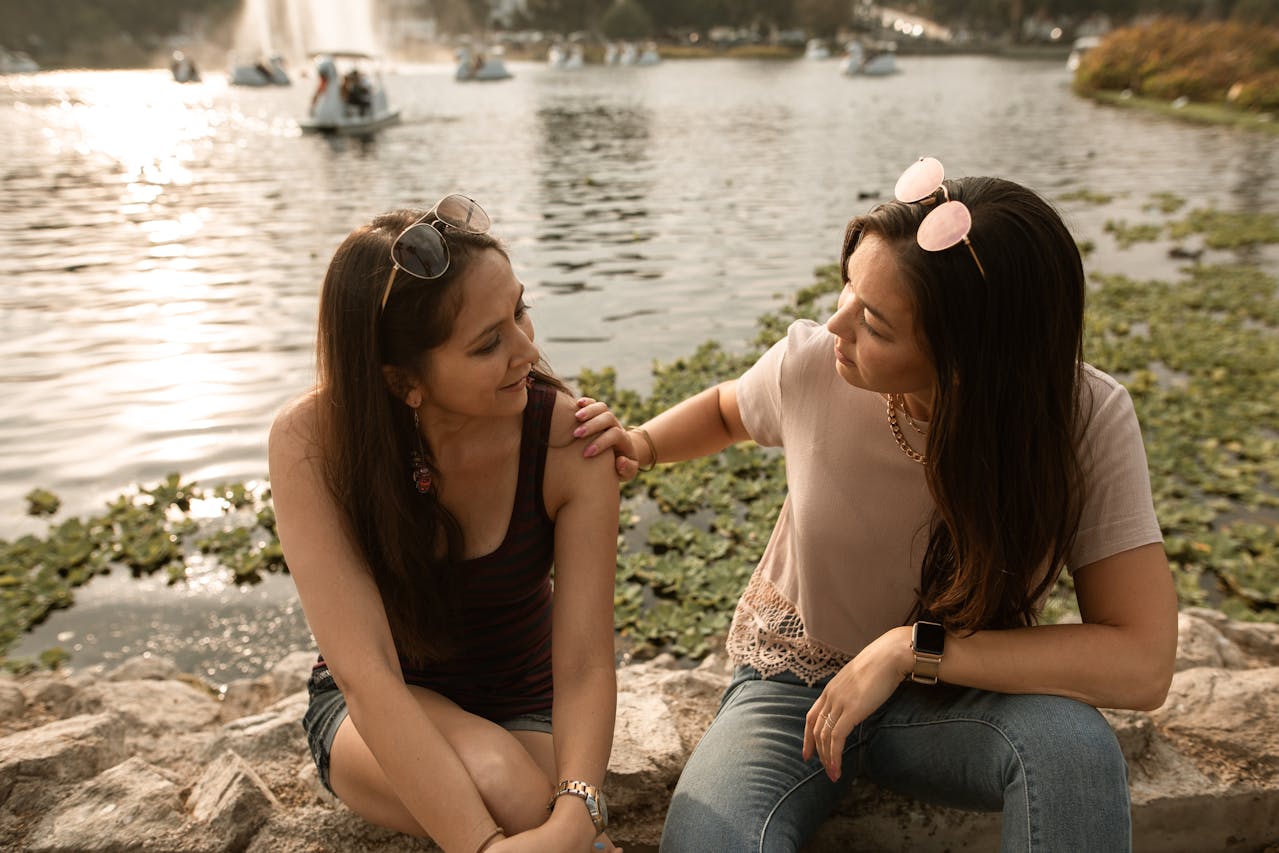Building a Supportive Community While Walking the Recovery Path
Oct 27, 2025
Photo by RDNE Stock project from Pexels
Recovery is not a road meant to be walked alone. While your healing journey is deeply personal, it doesn’t have to be solitary. In fact, it shouldn’t be. One of the most powerful catalysts for growth is the presence of others who get it - people who see your progress, hold you accountable, and remind you of your worth on the days you forget it yourself. Whether you're recovering from addiction, emotional trauma, or burnout, building a supportive community can be the difference between surviving and truly thriving. It begins with learning how to let go of your worries and live in the moment, then surrounding yourself with people who help you stay grounded there. Let’s explore how you can create and nurture that community, both at home and around the world.
Why Community is the Cornerstone of Recovery
You can be incredibly self-aware, strong-willed, and resourceful, and still need help. That doesn’t make you weak. It makes you human.
Healing in isolation can feel safe at first. It gives you control and protects you from judgment. But over time, it can also become heavy. The weight of carrying your thoughts, triggers, and progress alone can lead to feeling overwhelmed, stagnation, or even relapse.
Research shows that social support reduces stress, lowers the risk of depression, and even improves physical health. And in recovery specifically, connection can:
- Reduce feelings of shame
- Provide healthy modeling of behaviors and boundaries
- Offer accountability without punishment
- Build trust and safety with others again
In short, being part of a healthy community helps you rebuild yourself.
Different Forms of Support to Explore
Recovery flourishes in environments where people understand what you're going through, where there's space for both honesty and hope.
Support can come in many forms:
- Friends & family: Rebuilding trust and communication with loved ones is a cornerstone for many people. But it’s also okay if this isn’t your starting point.
- Mentors & sponsors: One-on-one guidance can offer grounded advice and lived experience.
- Online forums & peer groups: Great for consistent touchpoints, especially if you're in a rural area or can't travel.
- Retreats & wellness experiences: Stepping away from daily triggers to focus solely on your well-being can be transformative.
And of course, structured support groups are another essential option for dealing with addiction or mental health issues, especially if you're just beginning or feel like you’ve plateaued. That's because recovery thrives in spaces where experiences are shared, vulnerability is met with compassion, and accountability keeps you grounded. That said, if you're looking for structured environments that foster connection, group therapy is a valuable option that promotes mutual healing and lasting change. It’s a safe space to be seen, challenged, and supported without judgment.

Sometimes your support circle begins with just one person who listens and understands. Photo by Mental Health America (MHA) from Pexels
Building a Supportive Community 101
You don’t need a huge circle of support; you just need a real one.
Here’s how to begin building it:
1. Start With Safe People
Look for those who make you feel calm, not judged. It may be one person right now, and that’s enough. Over time, the right people will find you as you open up.
2. Be Honest About Your Needs
Sometimes, people want to support you but don’t know how. Give them a roadmap. “I don’t need advice, I just need you to listen.” Or: “Can you check in with me once a week?” Communicating your needs builds clarity and reduces resentment.
3. Offer Support Back
Healing is mutual when building a supportive community. When you're ready, be the person who listens, encourages, or simply shows up for someone else. This reciprocity can deepen your sense of purpose and belonging.
4. Set and Honor Boundaries
Not all support is healthy. If someone repeatedly drains you, dismisses your boundaries, or triggers old patterns, it's okay to step back. A strong recovery circle includes quality over quantity.
Healing in Motion: Finding Support Through Travel & Retreats
Sometimes, the best way to rebuild is to step outside your usual environment altogether.
That’s where travel, mindful, intentional travel in particular, can make a difference.
Wellness retreats offer a unique kind of support: one rooted in movement, mindfulness, and shared intention. You’re surrounded by others who are also seeking clarity, calm, and connection. You get to put your healing front and center, away from daily distractions and routines.
Retreats don’t "fix" you, but they create space for transformation. You return home with more tools, stronger self-trust, and often, new friendships forged through shared growth.
For a supportive community in a destination, feel free to explore our retreat calendar for more options.
What to Look for in a Supportive Community
Whether you’re joining a support group, attending a retreat, or forming a circle with close friends, this is what you want to look for:
- Safety - You should feel emotionally safe and free to speak without fear of ridicule, manipulation, or punishment.
- Shared intention - Everyone doesn’t need to be in recovery, but they should support your journey and respect your boundaries.
- Accountability with compassion - The best support calls you in, not out. You want people who remind you of your values and progress, not shame you for slipping.
- Balance - You deserve to receive and give support. If a relationship feels one-sided or co-dependent, it may need re-evaluation.
And remember: it’s okay to grow out of a community. As you evolve, your needs will change. Give yourself permission to move on when a space no longer serves your growth.
Bringing It All Together: Support is a Lifelong Practice
Building a supportive community isn’t a one-time project. It’s something you nurture, check in on, and recommit to over time. Some seasons, your circle will be wide and active. Other times, it may shrink to just one person and yourself. Both are valid. What matters is that you keep choosing connections, again and again. Because the truth is: you are not the only one navigating this. Others are out there, trying, failing, rising, and beginning again. And the moment you let someone in, you remind them they’re not alone either.
